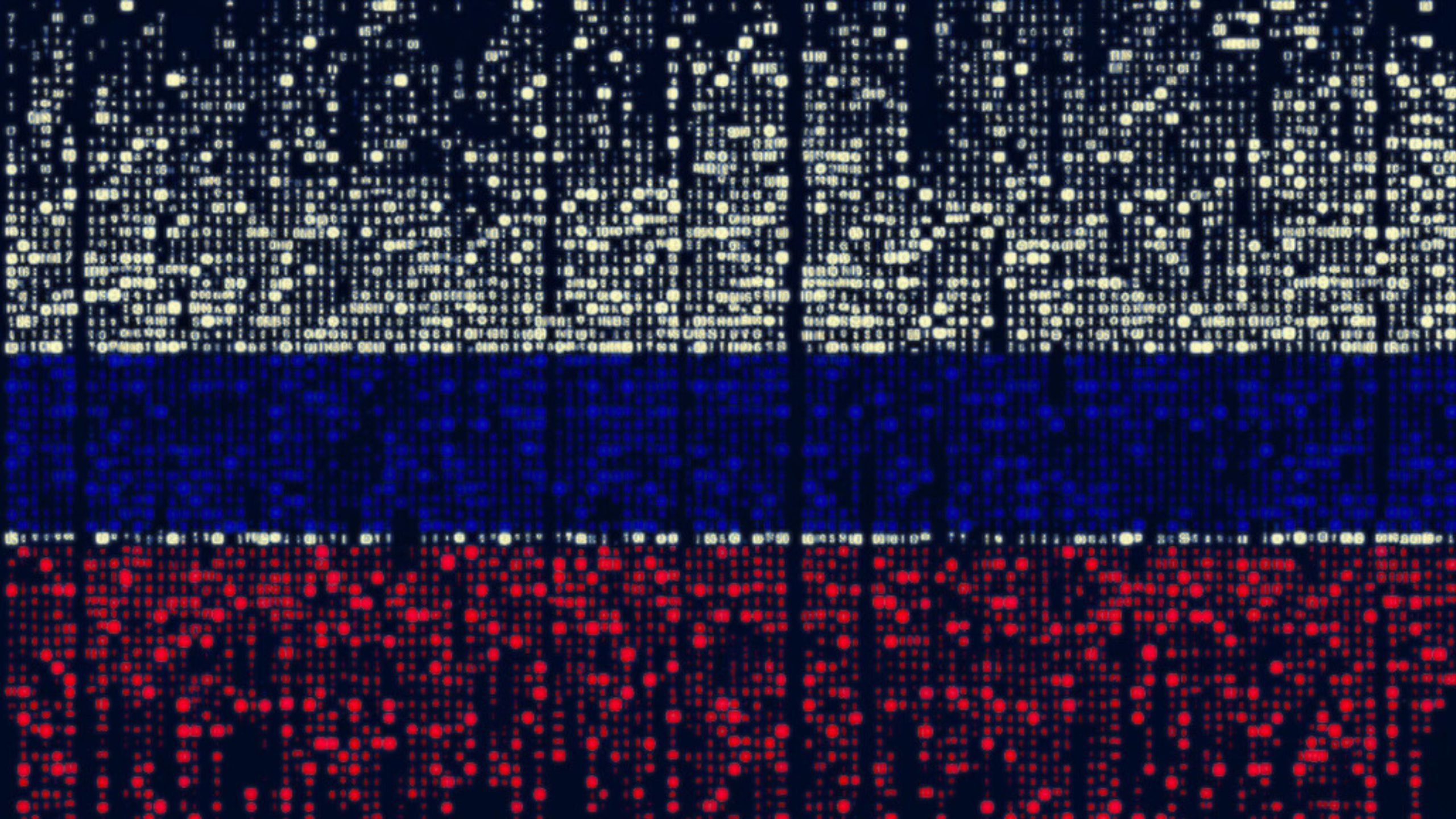Over the weekend, large parts of Russia’s online world were deliberately cut off from the global internet, illustrating the government’s increasingly heavy-handed approach to controlling information flows and restricting digital freedoms.
According to accounts gathered from several affected regions, including Chechnya, Dagestan, and Ingushetia, authorities intentionally severed connections to evaluate the resilience and readiness of their self-contained “sovereign internet” system. This maneuver left many residents facing a broad digital blackout that underscored ongoing efforts to consolidate state power over the country’s communications.

The internet monitoring group NetBlocks further confirmed that disruptions in Dagestan persisted for around 24 hours. During the shutdown, numerous essential online tools were blocked.
Users reported they were unable to access widely used platforms — such as YouTube, Google, WhatsApp, Telegram, and even some features of the Russian tech giant Yandex — showing that VPNs did not offer a reliable escape from the chokehold on connectivity.
Local internet service providers, caught in the crossfire, expressed their inability to restore normal access. One operator in the North Caucasus region admitted it was aware of the frustrated public but could do nothing to reverse the imposed restrictions.
Officials from Roskomnadzor, Russia’s internet and media regulator, have claimed the ultimate purpose of these trials is to ensure that Russian digital infrastructure can remain functional “to maintain the operation of key foreign and domestic services in the event of intentional external interference.”
By testing in regions with long-standing tensions, Roskomnadzor appears poised to weaponize connectivity, prepared to cut off entire populations from critical messaging platforms like Telegram if future unrest unfolds. This is hardly an isolated event; Russia’s track record includes past disruptions of messaging apps during periods of protest and social discord.
Moscow’s drive toward a self-sufficient internet, often called the Runet, has been in motion for years, championed as a system conforming strictly to Russian regulations and values, where everything else is censored.













